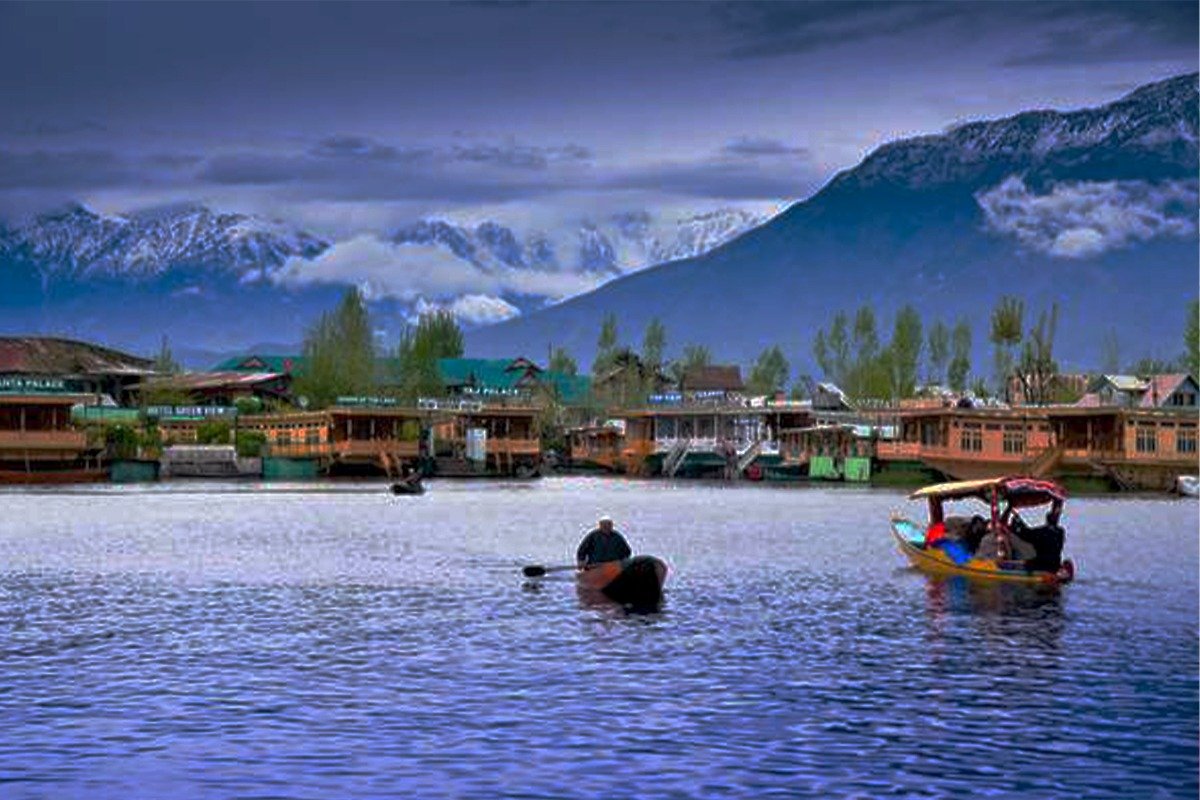

J&K Waqf Board plans to appoint degree holders as Imams

Waqf is an Islamic endowment or charitable trust that can be used to support a wide range of charitable causes, including mosques, schools, hospitals, and orphanages. The income generated from these properties is typically used for the maintenance and development of the waqf assets, as well as for supporting various welfare activities. In India, waqf properties are administered by state-level Waqf Boards, which have been criticized for mismanagement and corruption.
However, like any mechanism, waqfs can potentially be misused or exploited for illicit purposes, including preaching radical political Islam. Misuse of charitable funds for illegal activities violates both Islamic principles and legal regulations. To prevent such misuse, many countries have put in place regulatory and oversight mechanisms for monitoring to ensure that funds are used for legitimate purposes.
In a welcome move, the Jammu and Kashmir Waqf Board has announced its plans to initiate the recruitment of degree holders as Imams and Muezzins for the mosques and shrines. Chairperson Dr. Darakshan Andrabi recognizes the need for individuals to lead congregational religious duties at various mosques and shrines where such arrangements are currently lacking. With a significant number of people possessing degrees in Islamic Studies, the Waqf Board aims to tap into this pool of qualified candidates who can carry out religious responsibilities effectively.
ALSO READ: Protecting Kashmir’s forests, water bodies is vital
Furthermore, the board intends to introduce younger generation into these roles. While respecting the contributions of elders, there is recognition of the need to set an age limit for those leading prayers and congregations, with an emphasis on having qualified persons in these positions to uphold religious traditions in Kashmir. Dr Andrabi, who happens to be the first woman to head such an institution, has been a topic of controversy since her appointment as the Waqf Board’s new chief. She has initiated several reforms, which has not been well-received by certain vested interests within the administrative setup.
Her latest decision has unsettled elements who have been profiteering from the institution over the decades. The funds were not utilized for their intended charitable purposes, and the management appeared to benefit personally. Dr Andrabi had also previously banned the practice of seeking alms and donations from common people within the shrines, a centuries-old tradition. It attracted criticism initially but was appreciated later for curbing exploitation.
Dr Andrabi aims to break the long-standing tradition of hereditary control over such institutions.
Rationalist Shakeel Prem from Muslim Heritage on his blog ‘Taraksheel’ writes about the Sachar Committee report and its findings about Indian Muslims being the most backward of all minorities. His analysis shows that the donations made by Muslims every year to run the entire religious system in India is equivalent to building 10 hospitals like AIIMS every year, or 20 universities as well as hundreds of factories, which could diminish unemployment, illiteracy and poverty of the Muslim society. Poverty among Muslims can be erased forever but millions of Indian Muslims have no idea how their donations in the name of Islam throughout the year are creating a terrible quagmire of poverty and misery for their children.
ALSO READ: Kashmiris won’t let anti-India disinformation go unchecked
Shakeel says the real culprits of this destruction are the Muslims themselves. This line of thinking is underlined in the new book by Pratinav Anil, ‘Another India: The Making of the World’s Largest Muslim Minority, 1947–77’. His work challenges the conventional narratives surrounding India’s early post-independence period under Jawaharlal Nehru’s leadership. He argues that minority rights, particularly those of Muslims, were often overlooked during this era. Despite the Congress regime’s well-intentioned goals, it frequently exhibited illiberal, intolerant, and undemocratic tendencies.
Despite being from the Jaffrelotean school of thought (meaning left-liberal appeasement of Muslims), Anil contends that Indian Muslims faced discrimination, economic disadvantages, deindustrialization, dispossession, and disenfranchisement, exacerbated by an unresponsive leadership. He highlights how the Muslim elite (Ashrafs) encouraged depoliticization, involving themselves in ostensibly noble but ultimately inconsequential causes that did little to improve the lives of ordinary community members.
Hence, by streamlining waqf under the leadership of a woman, the government of Jammu and Kashmir – a region which has long been under the Arab-imported Wahhabism funded by petro-dollars – sends a powerful message across the religious and political spectrum.